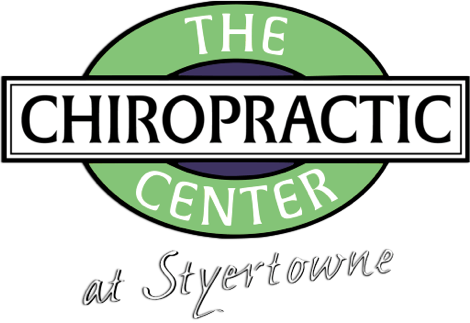Coping with a Pinched Nerve
A pinched nerve, otherwise known as radiculopathy, is a condition in which nerves are affected and don’t work properly. The nerve root is the major issue, and it can result in pain, numbness, weakness, and issues with muscle control. By better understanding what a pinched nerve is, you can take the steps needed to treat this condition. Pinched Nerve Causes
Nerves can become pinched for several reasons. A lack of blood flow can result in this problem, or the nerve can be affected by a progressive disease that destroys it either entirely or in part. Excessive pressure caused by nearby tendons, cartilage, muscle, and bones can also result in the pinching of a nerve.
Symptoms of a Pinched Nerve
With the compression of a nerve due to an accident or athletic injury, pain may be your primary symptom, but others you may experience include:
- Tingling
- Numbness
- Burning sensation
- Weakness
- Radiating pain
Treating a Pinched Nerve
The length of time for treating a pinched nerve will vary depending on the person, the severity of the problem, and the nerve compression cause. By simply resting and avoiding aggravating activities, you may find that your symptoms resolve on their own. However, if your symptoms are severe and persist, you should see your doctor or personal injury chiropractor in Clifton. You may be in need of more advanced treatment options, including:
- Medications (NSAIDs, oral corticosteroids, or narcotics) for pain relief and to reduce swelling.
- A splint to limit your motion in order for your muscles to have time to rest and recover.
- Steroid injections in order to allow nerves to recover while reducing swelling.
- Physical therapy in order to strengthen and stretch muscles.
In the most severe of cases, surgery may be needed, especially if you have tried other treatment options. Surgical intervention is usually done in order to remove materials that are pressing against a nerve, including bone fragments, disc material, and scar tissue.
